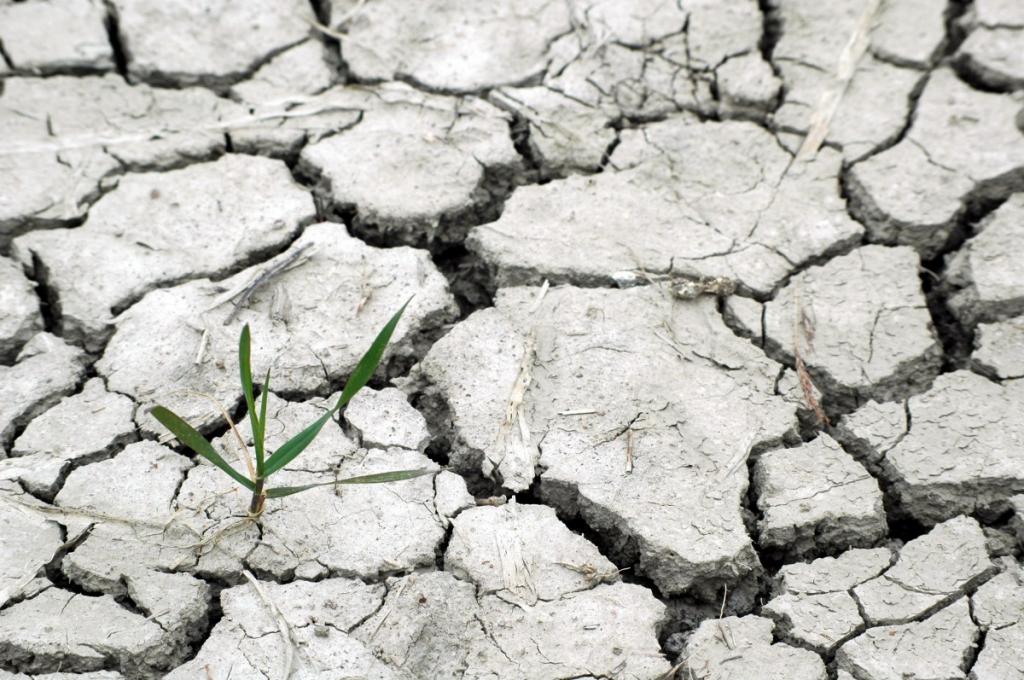ABSTRACT
Under the threat of climate change and with disproportional impacts expected for the world’s poorest,the adaptation imperative confers renewed justification to development aid transfers, while the urgency of the problem lends itself to the uncritical application of existing solutions. Yet, an emerging body of work has raised critical questions about how adaptation is being conceived and implemented in the global South. We systematize and contribute to this critical scholarship by distinguishing three fundamental political dimensions of the adaptation problem, related to differential responsibility, the global uneven production of vulnerability, and unequal relations of power in adaptation decision-making itself.Further, based on research from across the global South, the paper suggests that the current program of ‘mainstreaming’ adaptation into existing development logics and structures perpetuates an anti-politics machine, obscuring and depoliticizing rather than addressing the political dimensions of the adaptation problem. Mainstreaming risks not only reproducing development-as-usual, but in fact rein-forcing technocratic patterns of control. The three-dimensional view of the politics of climate change adaptation is offered as an analytical perspective to sharpen and systematize future critical adaptation scholarship. In the conclusion, we highlight avenues toward enhanced attention to power and justice in climate change research and practice
For the full article, access here.



